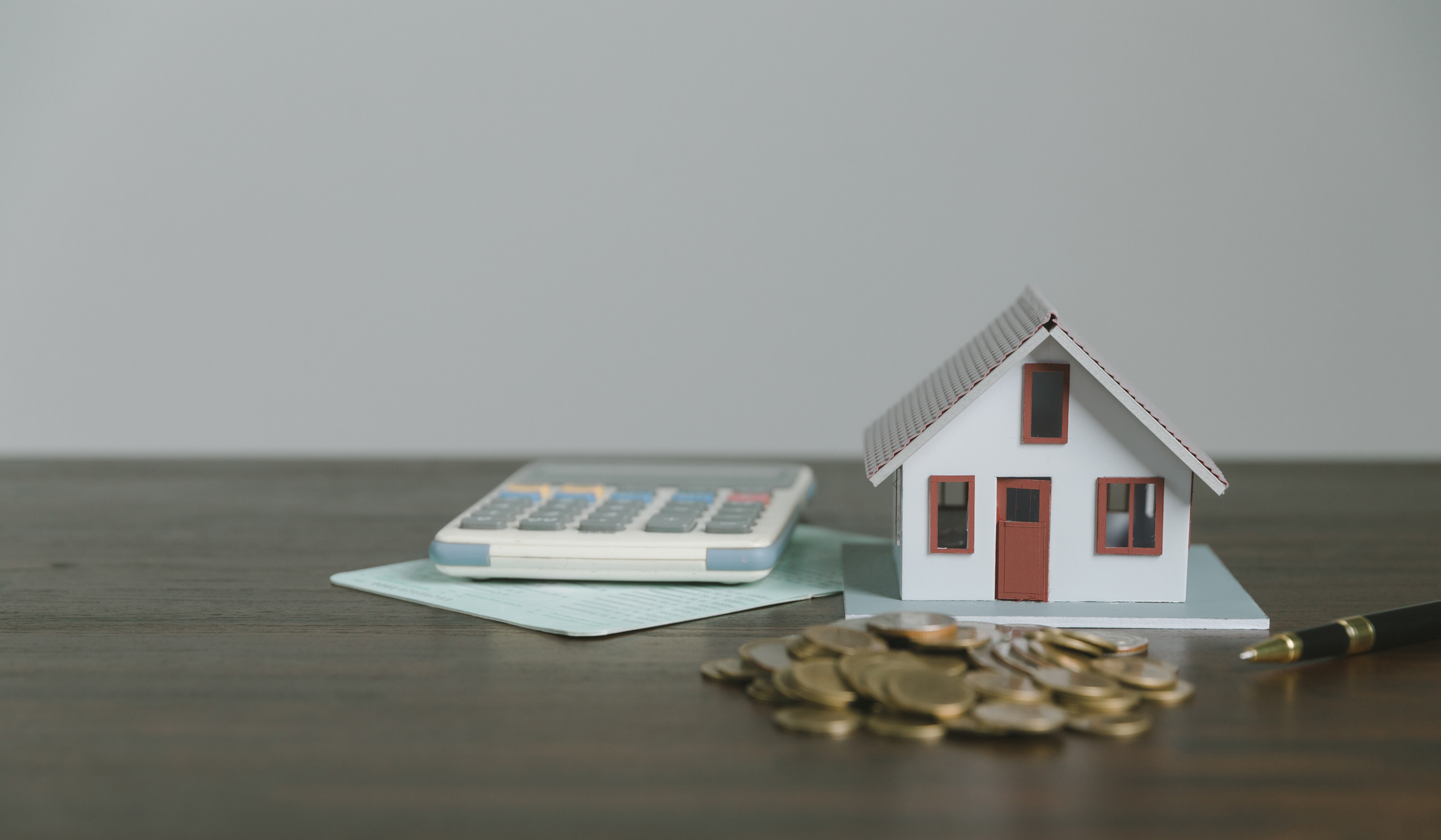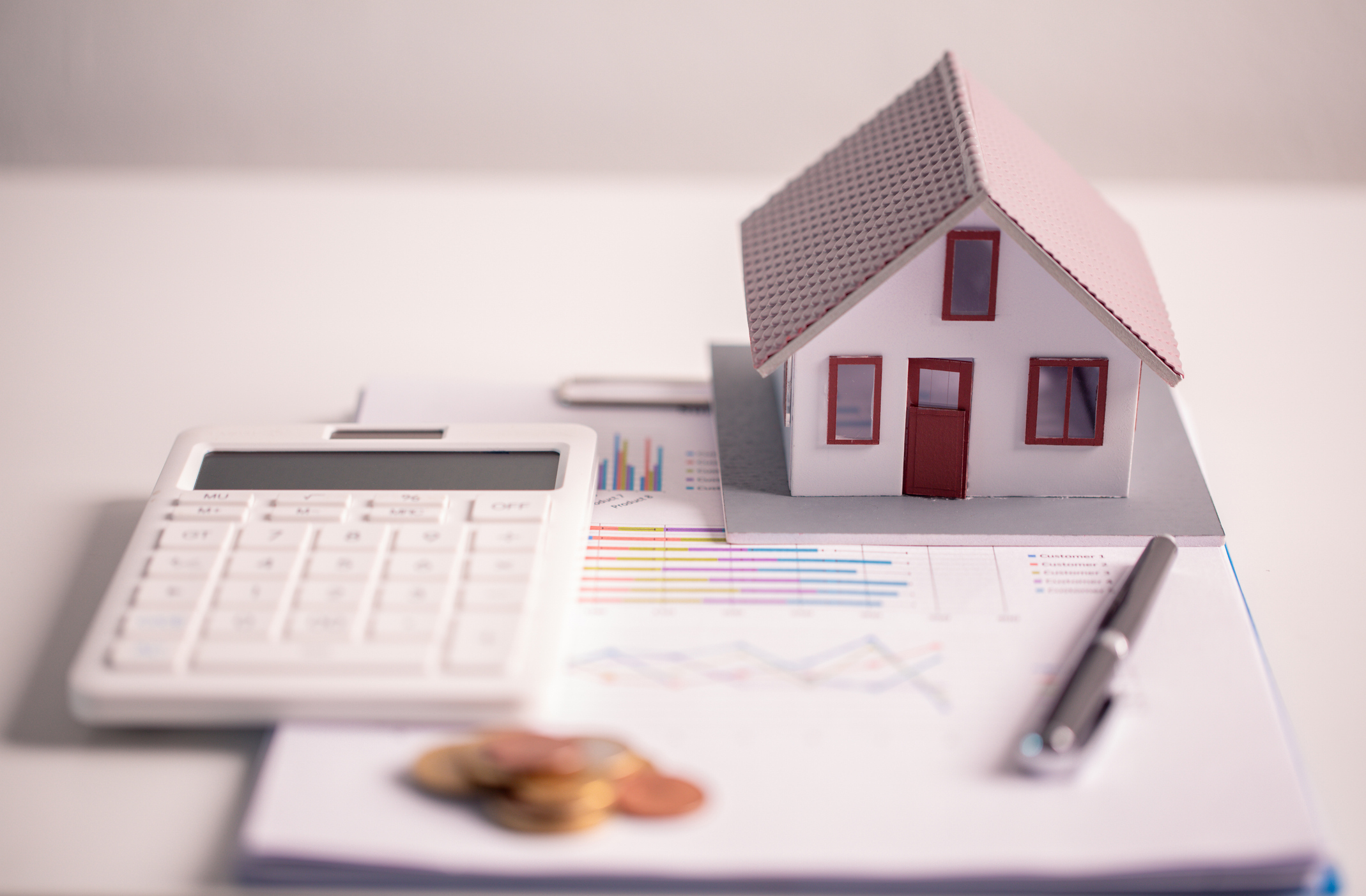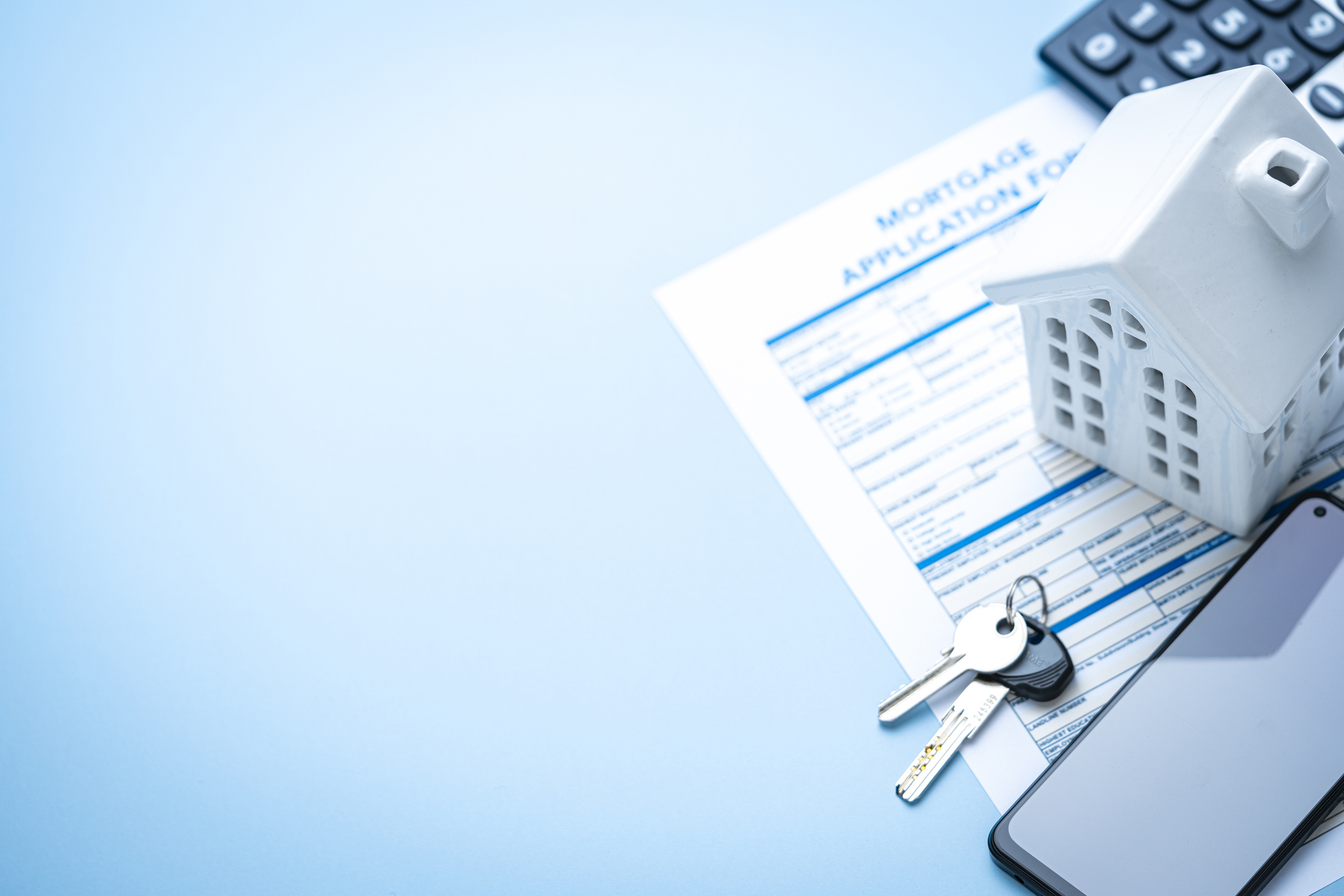How To Get The Best Mortgage Rate

Are you in the market for a new home? If so, you'll need to find the best mortgage rate possible. This can be a daunting task, but with a little bit of research, you should be able to find something that fits your budget. In this blog post, we will discuss some tips on how to get the best mortgage rate for your needs. Keep reading to learn more!
Improve Your Credit Score
A good credit score is important for many reasons. It can influence whether you are approved for a loan, and it can affect the interest rate you are offered. This is especially true when it comes to mortgages. A high credit score indicates to lenders that you are a low-risk borrower, which can lead to a lower interest rate on your mortgage. In addition, a good credit score can give you negotiating power with lenders and help you get the best possible terms on your loan. There are a number of ways to improve your credit score, such as paying your bills on time, maintaining a healthy credit mix, and keeping your credit utilization low. By taking steps to improve your credit score, you can increase your chances of getting the best mortgage rate possible.
Build a Record of Employment
A strong employment history is one of the key factors that lenders look at when considering a mortgage application. A consistent work history shows that you're a reliable borrower, who is likely to make their monthly payments on time. It can also be helpful to have a record of employment with the same employer. This demonstrates stability and can make it easier to get Approval for a loan. If you're self-employed, it's important to have a good business track record, with accurate financial records that show you can afford the mortgage payments. Lenders will also want to see evidence of any other income, such as investments or rental income. By providing a detailed record of your employment history, you can increase your chances of getting the best mortgage rate.
Save Up For a Down Payment
One of the best ways to secure a low mortgage rate is to put down a large down payment. Lenders view borrowers with a larger down payment as less of a risk, and as a result, they are often willing to offer lower interest rates. If you are able to save up for a substantial down payment, it can be well worth it in the long run. Not only will you save money on your monthly payments, but you will also pay less interest over the life of the loan. In addition, a larger down payment can help you to avoid paying private mortgage insurance (PMI), which is an additional monthly fee that is required for some loans. Consequently, if you are able to put aside money for a down payment, it can be a wise financial decision that could save you thousands of dollars over the life of your loan.
Understand Your Debt-To-Income Ratio
When you're shopping for a mortgage, one of the things lenders will look at is your debt-to-income (DTI) ratio. This simple calculation - which you can do yourself - gives lenders an idea of how much of your income is going towards debt repayments, and how much you have left over each month. A high DTI ratio could make it harder to get approved for a mortgage, or could result in a higher interest rate. That's why it's important to understand your DTI ratio and take steps to lower it if necessary. There are a few different ways to lower your DTI ratio. One is to simply reduce your monthly debt payments by paying off some of your debts or negotiating lower interest rates. Another is to increase your income, either by working more hours or finding a better-paying job. whichever approach you take, lowering your DTI ratio can help you get approved for a mortgage - and get a better interest rate.
Consider a 15-Year Fixed-Rate Mortgage
A 15-year fixed-rate mortgage is a home loan with a repayment term of 15 years. It offers borrowers the same (fixed) interest rate and monthly payments throughout the life of the loan. That means the payment will never increase, even if rates go up in the future. The benefit of a 15-year mortgage is that it allows you to own your home outright in a shorter amount of time than a 30-year mortgage. It also typically comes with a lower interest rate than a 30-year mortgage, although this isn't always the case. If you're looking for the best mortgage rate and are willing to take on a larger monthly payment, a 15-year fixed-rate mortgage is worth considering. just remember that you'll need to be prepared to sell or refinance your home before the end of the 15-year term in order to avoid paying hefty interest penalties.



